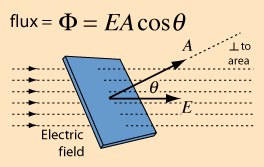|
|
|
Illicit drug use costs the United States approximately $181 billion every year.
Chronic marijuana use can damage the white blood cells and reduce the immune system's ability to respond to disease by as much as 40%. Without a strong immune system, the body is vulnerable to all kinds of degenerative and infectious diseases.
There are 20 feet of blood vessels in each square inch of human skin.
In the United States, there is a birth every 8 seconds, according to the U.S. Census Bureau's Population Clock.
The Centers for Disease Control and Prevention (CDC) was originally known as the Communicable Disease Center, which was formed to fight malaria. It was originally headquartered in Atlanta, Georgia, since the Southern states faced the worst threat from malaria.







